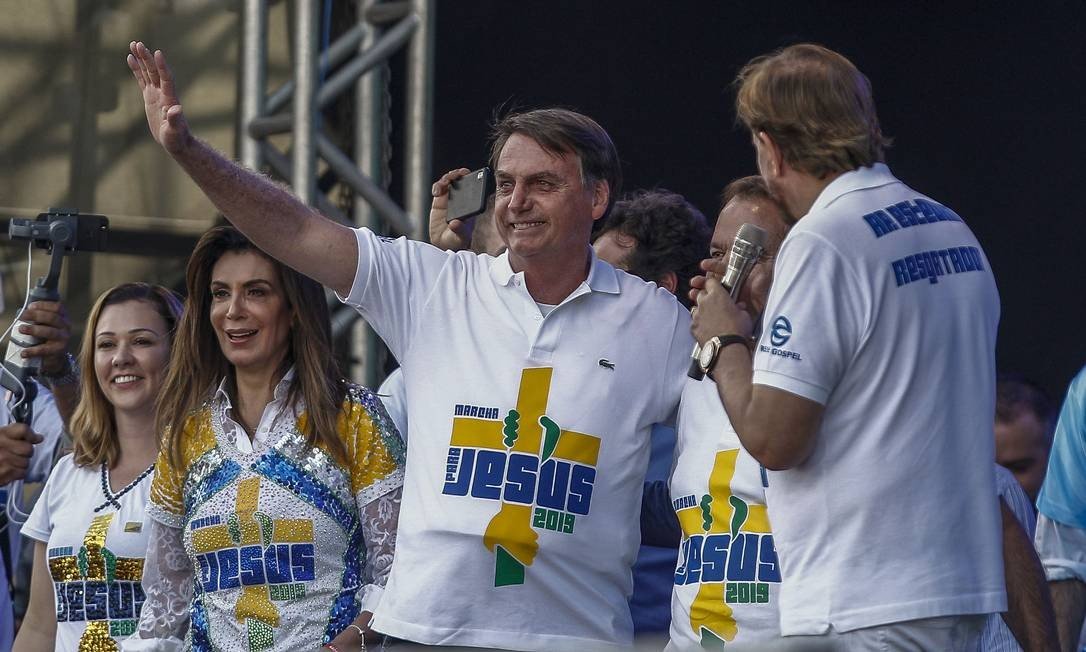RIO DE JANEIRO, BRAZIL – After a semester of friction and discontent with Jair Bolsonaro’s government, the evangelical bloc in Congress managed to turn the president into the guarantor of a package that is expected to lessen the church’s obligations to the tax authorities.

At a meeting in the Planalto in May, attended by the Minister of Economy, Paulo Guedes, Bolsonaro set a deadline of two months for the Federal Treasury Department’s Special Secretary, Marcos Cintra, to attend to requests from legislators who contest fines levied on religious bodies.
The proposal, presented by federal deputy Sóstenes Cavalcante, has already achieved two partial victories: the end of the obligation for smaller churches to enroll in the National Register of Legal Entities (CNPJ), previously enacted by the Treasury; and the increase (from R$1.2 million to R$4.8 million) of the collection floor for a church to be required to report its daily financial transactions. The evangelical backbenchers also requested that the legal entities be released from certain reporting requirements.
In addition to Sóstenes — an ally of pastor Silas Malafaia, of the Assembleia de Deus Vitória em Cristo -, the meeting on May 14th was attended by other leaders of the evangelical bloc, such as Silas Câmara and Marco Feliciano.
A study by Kadoshi Contabilidade Eclesiástica initially brought to Malafaia, claimed that religious organizations, although exempt from paying taxes by law, are “penalized with heavy and disproportionate fines” because of the so-called “accessory obligations” (reporting requirements) required to maintain the exemption. Cintra initially asked for two years to adjust to the requirements. Bolsonaro reportedly insisted on resolution by the end of July.
“The president put this two-month period before the deputies,” confirmed Otoni de Paula, who also attended the meeting. “Our purpose is not to relieve labor or social security obligations. We want to correct restrictions that affect churches.”

